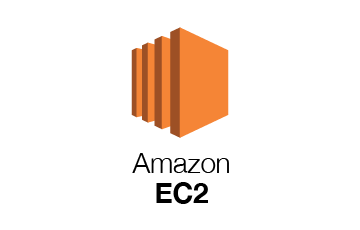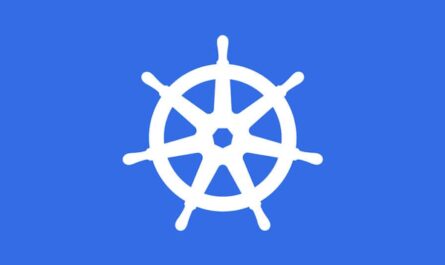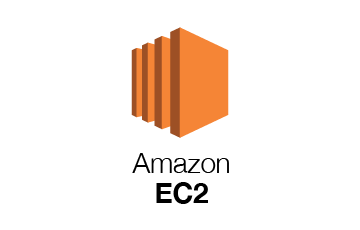Exploring Cloud Services: A Comparison of AWS, Azure, and GCP
In the ever-evolving technological landscape, cloud computing has emerged as a cornerstone for businesses seeking agility, scalability, and cost-efficiency. The trio of Amazon Web Services (AWS), Microsoft Azure, and Google Cloud Platform (GCP) dominate this sector. Each offers unique strengths and features tailored for different business needs. This article delves into a comprehensive comparison of AWS, Azure, and GCP. By understanding their infrastructure, services, pricing, and market adaptability, businesses can make informed decisions aligning with their strategic goals. Join us as we uncover what sets these cloud giants apart and how they meet the diverse demands of today’s digital enterprises.
Infrastructure and Global Reach
Understanding the infrastructure and global presence of each cloud provider is crucial for determining latency, availability, and regional compliance. AWS boasts the most expansive reach, with data centers in numerous regions worldwide, ensuring low latency and high availability. Azure follows closely, leveraging Microsoft’s global network to provide seamless services across continents. GCP, while smaller in its global footprint compared to AWS and Azure, focuses on efficiency with strategically located data centers. This comprehensive network enables businesses to operate unhindered, regardless of their geographic location. Furthermore, each platform offers a robust set of tools for managing infrastructure effortlessly, empowering developers to scale applications dynamically based on demand.
Service Offerings and Specializations
An in-depth examination of the cloud services offered can highlight the unique capabilities of AWS, Azure, and GCP. AWS, renowned for its extensive service catalogue, caters to a broad array of use cases, from computing power to machine learning and artificial intelligence (AI). Azure leverages its integration with Microsoft products, standing out in hybrid solutions and enterprise-level offerings. GCP, meanwhile, emphasizes big data analytics and machine learning capabilities, appealing to data-intensive industries. Whether it’s AWS’s comprehensive ecosystem, Azure’s seamless enterprise integrations, or GCP’s cutting-edge data analytics tools, each provider presents specialized services designed to give companies a competitive edge in their respective fields.
Pricing Models and Cost-Efficiency
Understanding the cost structures can guide businesses in achieving optimal budget performance. AWS, Azure, and GCP offer pay-as-you-go and reserved instances pricing models, allowing flexibility based on operational needs. AWS is often deemed the most versatile for its sheer range of pricing options and discounts for committed use. Azure provides significant cost benefits for existing Windows Server or SQL Server customers, maintaining cost efficiency within the Microsoft ecosystem. GCP, recognized for transparent pricing and sustained-use discounts, avoids complex calculations, making it attractive for businesses seeking straightforward cost management. Evaluating cost against performance and service necessity helps businesses harness the best value from their cloud investments.
Market Adaptability and Customer Adoption
The final aspect to consider is the market positioning and how customers perceive and adopt these platforms. AWS leads the marketplace by a significant margin, not only due to its pioneering status but also its unmatched service depth and reliability, preferred by startups and large enterprises alike. Azure’s strong presence in the corporate sector is bolstered by its synergy with Office 365 and other Microsoft enterprise products. GCP, although newer to the cloud race, gains popularity among tech-forward businesses for its innovation and industry-leading data analytics tools. User adoption, testimonials, and market share provide insight into how each platform meets user expectations and adapts to changing business dynamics.
Conclusion
In summing up the comparison between AWS, Azure, and GCP, it is clear that each cloud platform brings distinct advantages tailored to specific business needs. AWS stands out for its vast network and comprehensive service offerings, making it a versatile choice for varied use cases. Azure’s integration with Microsoft tools positions it as a leader in enterprise solutions. Meanwhile, GCP’s focus on data services and cost transparency appeals to companies heavily reliant on analytics and innovative tech solutions. Ultimately, the choice hinges on aligning the unique capabilities of each platform with the strategic objectives of your business, ensuring robust, scalable, and efficient cloud solutions that drive your mission forward.






